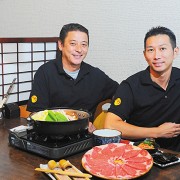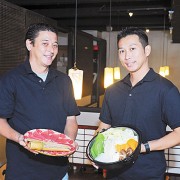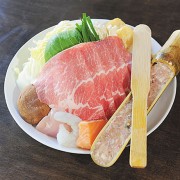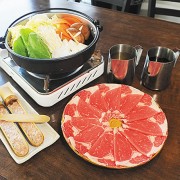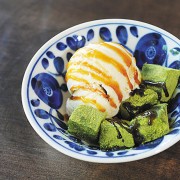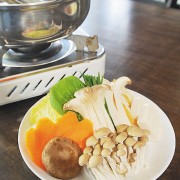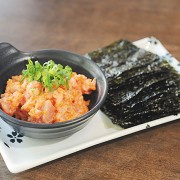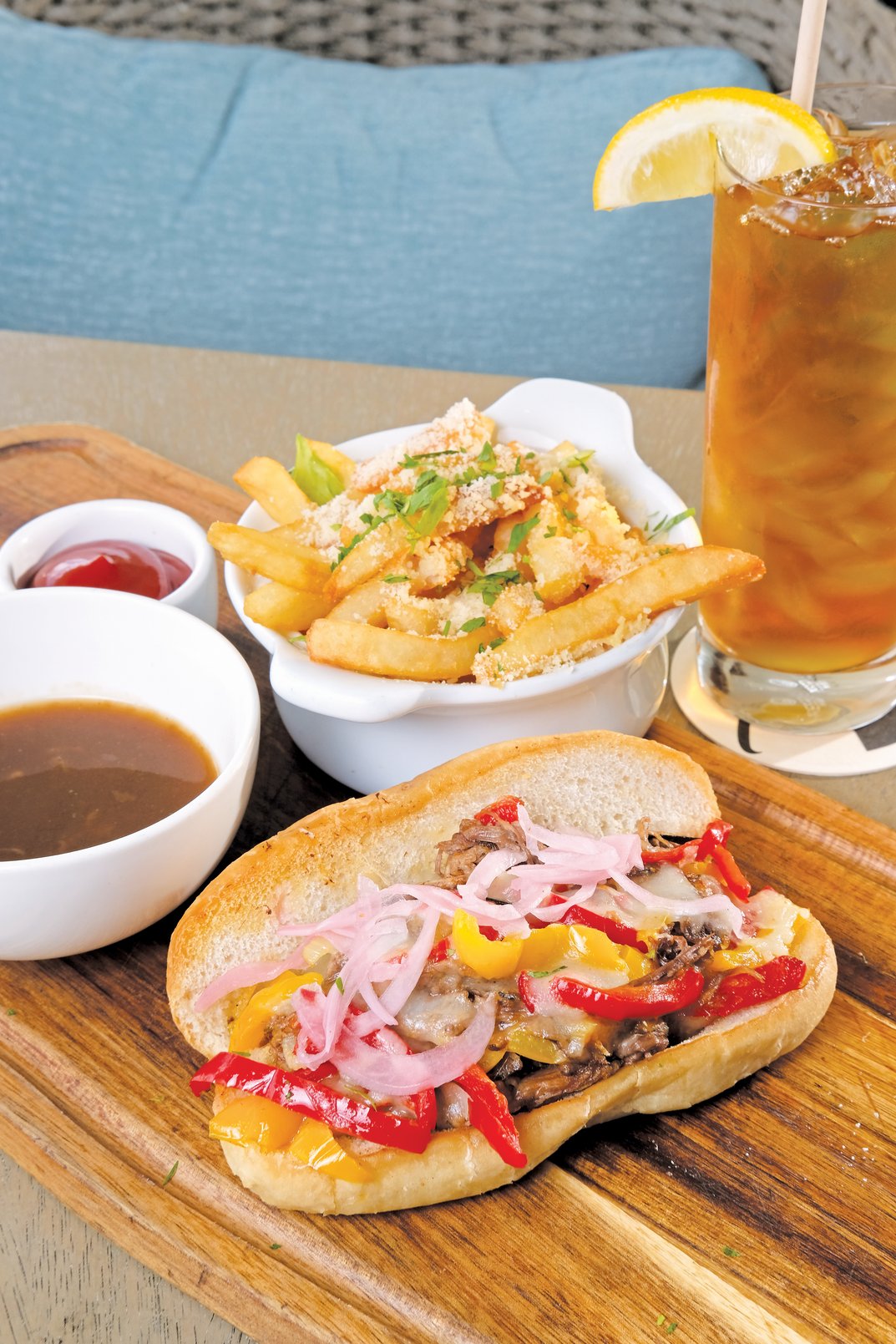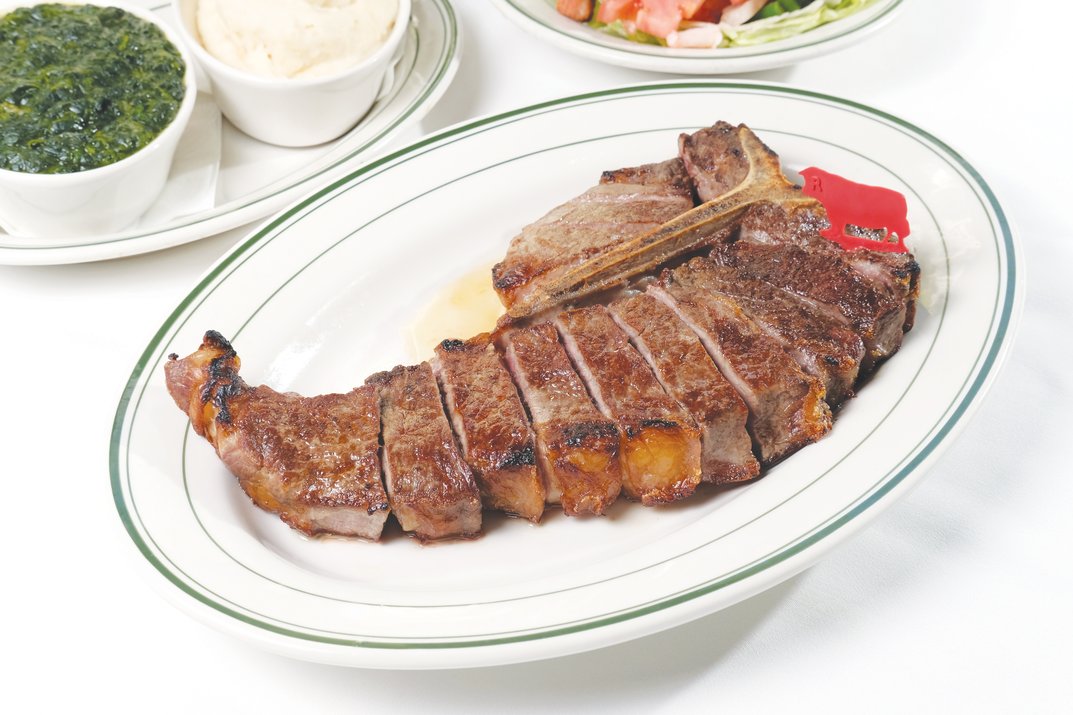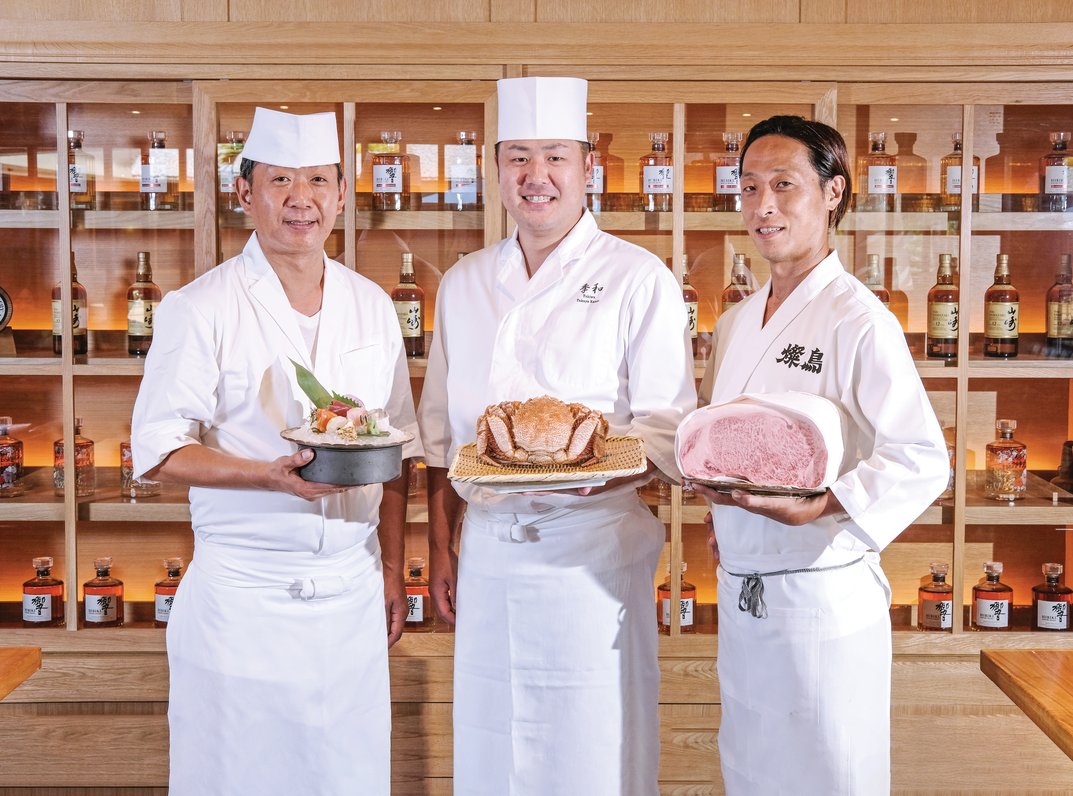Nabe is Here to Stay
Cover Story FeaturesJune 14, 2015
Story By: Ali Resich | Photos by: Lawrence Tabudlo
When Riki Kobayashi, one of Ichiriki Japanese Nabe Restaurant’s founders, decided to open an authentic nabe restaurant in 2006, he knew he was taking a risk. Just 10 years ago, there was nothing mainstream about nabe on Oahu. Even if patrons were familiar with the specialty, they would have been hard-pressed to find a restaurant specializing in the traditional form of cuisine on the island.
Thankfully for Hawaii’s diners, he gave it a shot anyway. “In Japan, nabe is known to be eaten during the winter months, and I always wondered why they wouldn’t have this dish year-round,” recalls Kobayashi, who grew up in Yokohama, Japan. “I thought, there are so many Japanese restaurants here in Hawaii, but nobody is doing nabe just because it’s a winter dish. It’s good, it’s healthy, yet no one is doing it, so I figured, (why not) start there and try something?”
The risk most certainly was worth it, as today locals and visitors alike commonly enjoy nabe, with Ichiriki playing a pivotal role in its growing popularity. Over the years, the establishment has branched out from its original location on Piikoi Street to include two more spots in Aiea and Kaneohe, with a fourth slated to open in Kaimuki toward the end of the year.
Since the beginning, diners have forayed into Ichiriki’s authentic world of nabe via chanko hot pots, a hearty style of cuisine originally consumed by sumo wrestlers. Offering a little bit of everything, Berkshire Pork Chanko ($20.95) presents high-quality pork, chicken, seafood such as salmon and shrimp, vegetables, pork sausage and tsukune (chicken and pork meat-ball) — all ready to be simmered to nourishing nirvana right at the table.
- Co-owners Riki Kobayashi and Masaki Sasada sit in Ichiriki’s traditional Japanese setting, which features tables that are low to the ground.
- Co-owners Riki Kobayashi and Masaki Sasada showcase a USDA Choice Ribeye Sukiyaki that’s ready to sizzle.
- Berkshire Pork Chanko ($20.95)
- USDA Choice Ribeye Sukiyaki ($21.95 per person)
- Warabi Mochi ($4.95)
- Ichiriki houses menu items for diners with diet restrictions, such as Vegetarian Mushroom Chanko ($19.95) nabe. Here, it’s photographed with split Pirikara and Curry broths.
- Spicy Tuna Wraps ($6.95)
For nabe selections, customers may choose from an array of house-made broths. Some of the most popular soup bases are spicy Angry Goma filled with Sriracha and jalapeno and habanero peppers, as well as a delicately balanced Curry broth. Split pots holding two broths also are available if members of your party would like to try different soups. And patrons don’t have to be shy when adding ingredients into these boiling pots because after all, that is when the real magic happens.
“All the ingredients actually release a little bit of their own flavors and combine together. It becomes a perfectly flavored soup,” says Masaki Sasada, who co-owns Ichiriki with Kobayashi. After the broth has reached its full potential, ramen, udon or rice porridge is provided to soak up all those flavors. “That’s why we offer the noodles at the end, because we don’t want you to eat noodles with a plain broth. We want you to be enjoying your noodles after everything is in balance,” he adds.
Ichiriki has remained a dominating force in Hawaii’s nabe scene thanks to its focus on quality. The restaurant only utilizes high-grade meats such as U.S. Kobe beef and USDA choice and prime cuts. Locally sourced vegetables also make their way onto the menu, as do a number of Japan-sourced ingredients — from mushrooms and other dashi ingredients to kuzukiri and shirataki clear noodles. Kobayashi and Sasada note that while customers may not be able to see all these details, they surely can taste them in the genuine flavors of the nabe. “People definitely notice the difference,” says Kobayashi.
This dedication to excellence can be sampled in sukiyaki specialties featuring meats and vegetables that marinate in teriyaki-like flavors at the table. USDA Choice Ribeye Sukiyaki ($21.95 per person) satisfies with enough protein and veggies to fill two people. Both dashi broth and a sukiyaki base are presented at the table so customers may customize the sweetness and savoriness of the dish. For a truly traditional bite of sukiyaki, raw egg also is available for dipping.
To round out any lunch or dinner spent at Ichiriki, a host of appetizers and desserts enhance the menu. Patrons often begin with something like Spicy Tuna Wraps ($6.95 regular; $4.50 happy hour), and then save room for a sweet ending in the form of Warabi Mochi ($4.95), served with green-tea coated gelatin mochi, ice cream and dark cane sugar syrup. Happy hour offerings are extremely popular at all three locations as well, when Ichiriki dishes out affordable entrees like Kobe Beef Shabu Shabu ($17. 95), and an impressive menu of drinks and pupus starting from only $2.
At the heart of the Ichiriki experience is an opportunity to bond, as nabe is meant to be shared among family and friends. Ichiriki’s mission statement “kandou kansha” speaks of gratitude and the ability to move one’s emotions. The restaurant’s success over the years has proven that it embodies this sentiment as it continues to strive to show gratitude to its loyal customers and to move them through supreme cuisine and outstanding customer service.
Ichiriki Japanese Nabe Restaurant
PIIKOI
510 Piikoi St.
589-2299
Lunch daily, 11 a.m.-4 p.m Dinner Sunday-Thursday, 4-11 p.m., Friday-Saturday 4 p.m.-midnight Happy hour: 2–6 p.m.; 9 p.m.-closing
AIEA
98-150 Kaonohi St. #C-216
484-2222
Lunch daily, 11 a.m.-3 p.m. Dinner Monday-Thursday, 4-11 p.m., Friday and Saturday, 4 p.m.-midnight, Sunday, 4-10 p.m. Happy hour: 11 a.m.-3 p.m., 4-6 p.m.; 9 p.m.-closing
KANEOHE
Kaneohe Bay Shopping Center
46-047 Kamehameha Hwy.
236-2299
Lunch daily, 11 a.m.-4 p.m. Dinner Sunday-Thursday, 4-11 p.m., Friday-Saturday, 4 p.m.-midnight Happy hour: 11 a.m.-6 p.m.; 9 p.m.-closing
ichirikinabe.com
Note: Reservations recommended; Ichiriki can accommodate large parties
Kaneohe, HI 96744
Aiea, HI 96701
Honolulu, HI 96814





